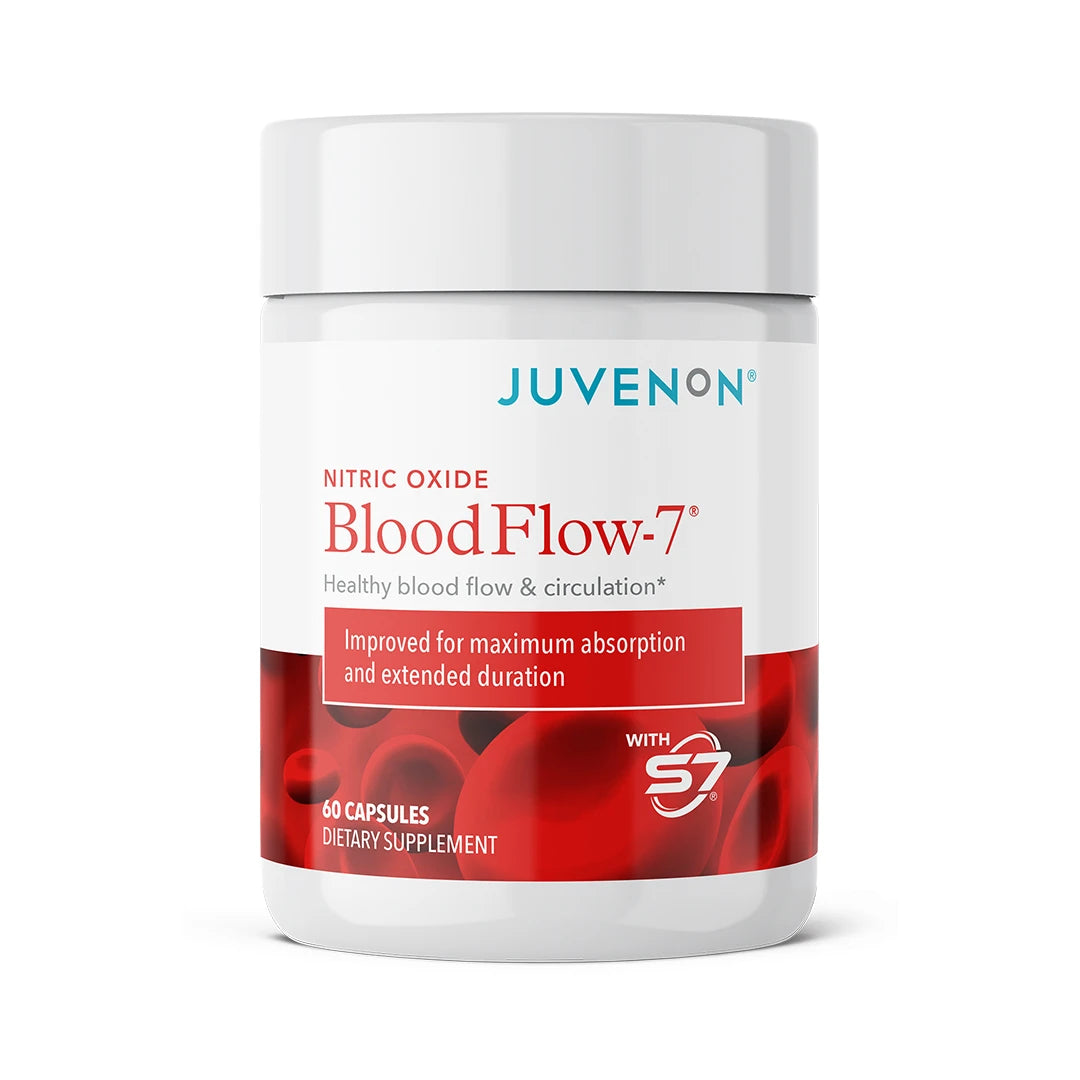
Are you considering jumping on the fasting bandwagon?
Typically, fasting means you can't intake any form of food or beverages, and in some cases, even water is prohibited. Many people tend to fast for religious reasons, though there are situations where fasting is necessary for medical reasons, such as before a doctor's appointment or surgery.
But today, fasting has also become a popular method used for weight management. The question is, is it good for you?
In this article, we’ll cover the pros and cons of fasting and if it’s right for you. But before we dive into the pros and cons, let’s look at a specific form of fasting called intermittent fasting.
What is Intermittent Fasting?
While fasting means that you don’t eat food over a certain period, intermittent fasting is a fitness trend in which people limit food consumption to certain intervals throughout the day.
There are various ways to approach intermittent fasting, with popular ones including:
- The 16:8 Method: This approach includes fasting for 16 hours daily and restricting your eating window to 8 hours. Most people who follow this pattern skip breakfast and consume all of their calories during lunch or dinner but before 8 p.m.
- The 5:2 Method: This approach restricts your calorie intake to 500-600 calories for 2 days and allows you to eat your regular calories for the other 5 days.
- Alternate-Day Fasting: Alternate fasting for most individuals means eating your normal calories one day, limiting them to 500 or 0 the next, and following this pattern throughout the week.
With different approaches to intermittent fasting available, it appears to be widely accessible, but that doesn’t mean it’s necessarily healthy for just anyone.
Who Can Benefit From Fasting?
In most cases, healthy and active people can tackle intermittent fasting without incident — apart from a growling stomach.
However, fasting is not ideal for those with busy schedules or who can’t commit to this method safely. If you already skip meals due to not having enough time to eat, fasting will only deprive you of the few nutrients you get, which can be detrimental to your health.
Additionally, fasting can be harmful for older individuals because of their lower activity levels, high body fat, and potential blood sugar issues.
Other individuals who should refrain from intermittent fasting include:
- Children and adolescents under 18
- Pregnant and breastfeeding women
- Individuals with type 1 diabetes who take insulin
- Individuals with a history of eating disorders
Even if you don’t fall under any of these categories, it’s important to remember that intermittent fasting can affect different people differently. Consulting with your doctor before fasting is the best way to go about this weight loss method.
Fasting Pros and Cons
Like most things, fasting comes with a balance of pros and cons. The pros can outweigh the cons for some people, but it’s important to be informed on what you can expect to make the best decision for your health.
Here are the pros we know about when it comes to intermittent fasting from current studies and findings.
Fasting Pros
Research suggests that fasting can bring a range of health benefits, including a leaner body and sharper mind. In addition to these main benefits, intermittent fasting can help individuals with:
- Memory boosts: Studies have discovered that intermittent fasting can boost working memory.
- Heart health: Fasting can improve blood pressure and resting heart rate.
- Physical performance: Younger people who fast can shed fat while maintaining muscle mass, though this depends on metabolism.
- Tissue health: Intermittent fasting can help reduce tissue damage during surgeries.
- Obesity prevention: Some studies show that intermittent fasting can help lower body weight and can aid individuals with type 2 diabetes reverse their need for insulin.
While these pros are great for anyone to experience, it is worth noting that other ways besides fasting can help you achieve things like cognitive and physical boosts.
Why is it important to consider alternative methods? In addition to fasting pros, you are bound to experience some unpleasant side effects.
Fasting Cons
Naturally, you can’t expect to deprive your body of food for prolonged periods without feeling the effects of doing so.
Now that we’ve covered the pros, here are some fasting disadvantages you should be aware of:
- Dehydration
- Fatigue
- Dizziness
- Low Energy
- Nutrient Deficiencies
- Loss of Lean Muscle Mass
Depending on the individual, these symptoms can range from minor to intense, and those with existing health conditions may discover that these effects can lead to more serious side effects.
Vitamins can help make the fasting process safer, but that then poses the question:
Does Taking Vitamins or Supplements Break Fasting?
There is debate on whether taking supplements is enough to break a fast.
As we’ve discussed, the main rule of thumb is that you shouldn’t consume anything with caloric value while you’re fasting, and as long as your vitamins don’t contain additives, sugar, or carbs, you will not break your fast.
But what if there was a supplement that could give you the benefits of fasting you’re looking for without actually requiring a fast? In this situation, you wouldn’t even have to worry about what will or won't break your fast, and you wouldn’t have to deal with the negatives that come with fasting.
Enjoy the Benefits of Fasting Without Skipping Meals
As we discussed, fasting isn’t the best weight management solution for everyone. Fortunately, Juvenon has come up with an excellent alternative to intermittent fasting without the disadvantages.
Juvenone Energy Formula® is a natural, all-day energy boost formula that helps ignite fat-burning genes. This mixture of 12 energy-boosting natural ingredients mimics the benefits of fasting on our bodies without skipping any meals in the process.
Finding the best way to manage weight and maintain a healthy body varies from person to person. Fasting may not be for everyone, but luckily, alternative methods can now help you achieve your health goals.
Sources:
New England Journal of Medicine:https://www.nejm.org/doi/full/10.1056/NEJMra1905136
John Hopkin’s Medicine:https://www.hopkinsmedicine.org/health/wellness-and-prevention/intermittent-fasting-what-is-it-and-how-does-it-work





















